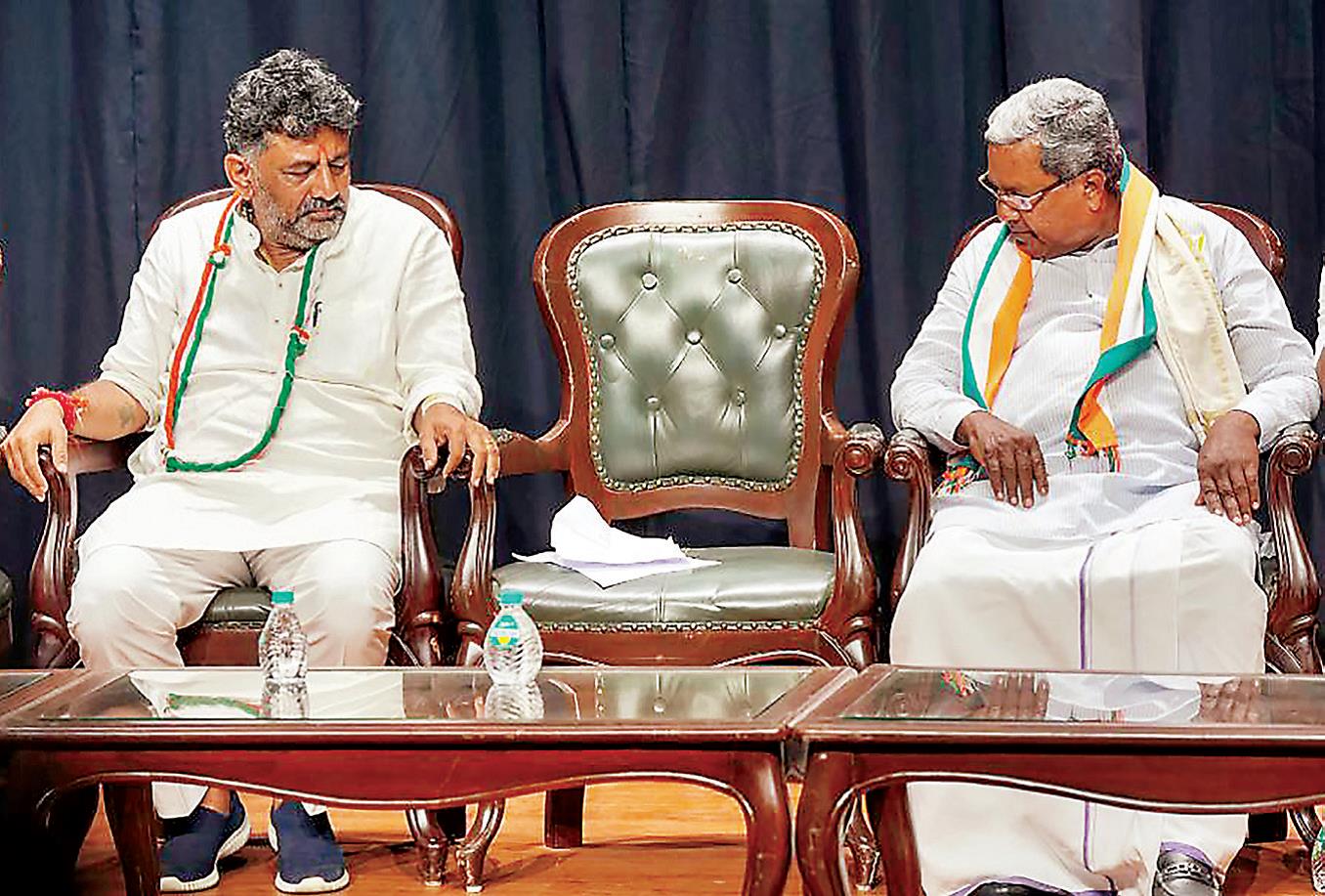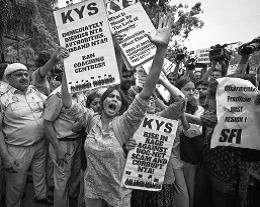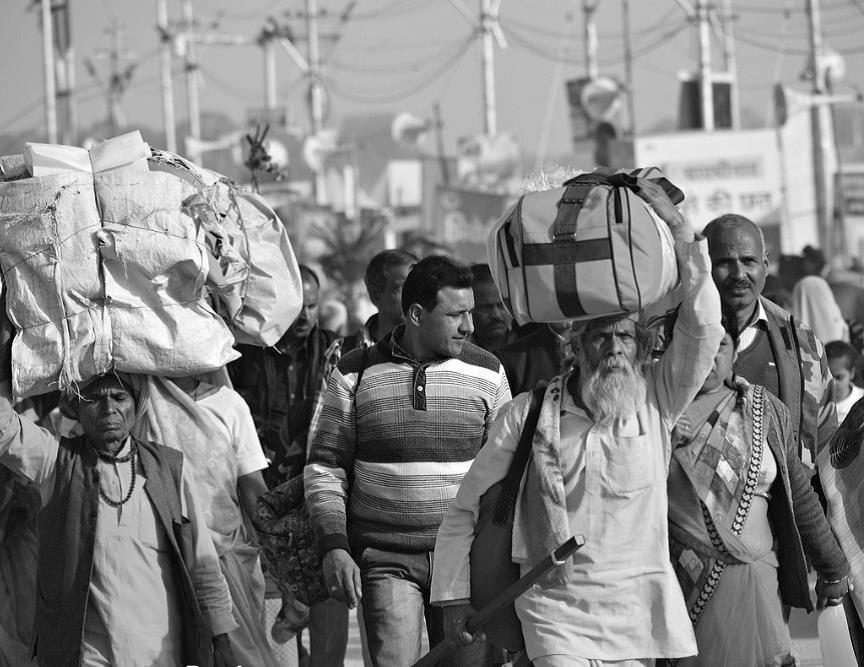.jpg)
A test for all as bigotry erodes India's moral foundation in Vadodara
Vadodara, NT Bureau: In India, the dream of owning a home should be a beacon of hope, a promise of security and inclusion. Yet, for a 44-year-old Muslim woman employed by the Ministry of Entrepreneurship and Skill Development, this dream has turned into a nightmare of bigotry and discrimination. In 2017, she was allotted an apartment in Vadodara under a government housing scheme aimed at providing affordable homes to low-income groups.
Her only crime? Being a Muslim in a neighborhood that some consider "Hindu."
This allocation sparked protests from 33 residents who shamelessly petitioned to have her removed solely because of her religion.
Their objections ranged from baseless fears of "threat and nuisance" to outright intolerance, betraying a deep-seated prejudice that festers in our society's urban centers.
The Vadodara Municipal Corporation, tasked with upholding the law and safeguarding citizens' rights, must not falter in the face of such bigotry.
The Constitution of India, enshrined with the promise of equality and nondiscrimination, stands violated when individuals are denied their rightful homes based on their faith.
Article 14 guarantees equality before the law, and Article 15(1) explicitly prohibits discrimination on grounds of religion among others.
These are not mere legal articles; they are the moral bedrock of our nation. Gujarat's history is scarred by communal violence, yet legislative responses like the Disturbed Areas Act, ostensibly meant to prevent distress sales of properties, have been perverted into tools of segregation and exclusion.
Such laws have created entrenched divides that stigmatize minorities and undermine the very fabric of our pluralistic society.
The excuse of "personal discomfort" or imagined threats cannot justify the denial of someone's right to live peacefully in a home they rightfully earned through lawful means. The VMC's claim of impartiality in its allocation process rings hollow when confronted with blatant prejudice.
This is not a matter to be settled in court alone; it demands decisive action from all levels of governance to uphold justice and confront intolerance head-on. The case of this brave woman in Vadodara is a litmus test for Constitutional commitment to equality and justice.
It is a call to defend the dignity and rights of every citizen, irrespective of their religion, caste, or creed. Failure to do so would not only betray our constitutional values but also perpetuate a dangerous precedent of exclusion and division.
As a nation, everyone must choose: do we stand by silently as prejudice erodes our moral foundation, or do we rise up to affirm that every Indian, regardless of background, deserves the right to call this country their home?
The answer must be clear and resounding: justice for all, without compromise.
 English daily published in Bengaluru & Doha
English daily published in Bengaluru & Doha


.jpg)

.jpg)
